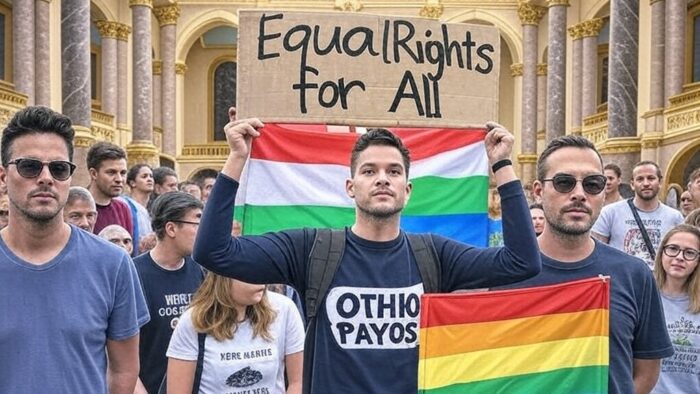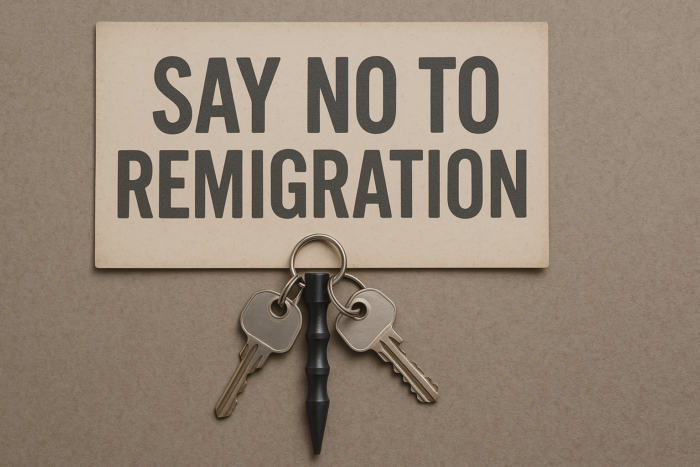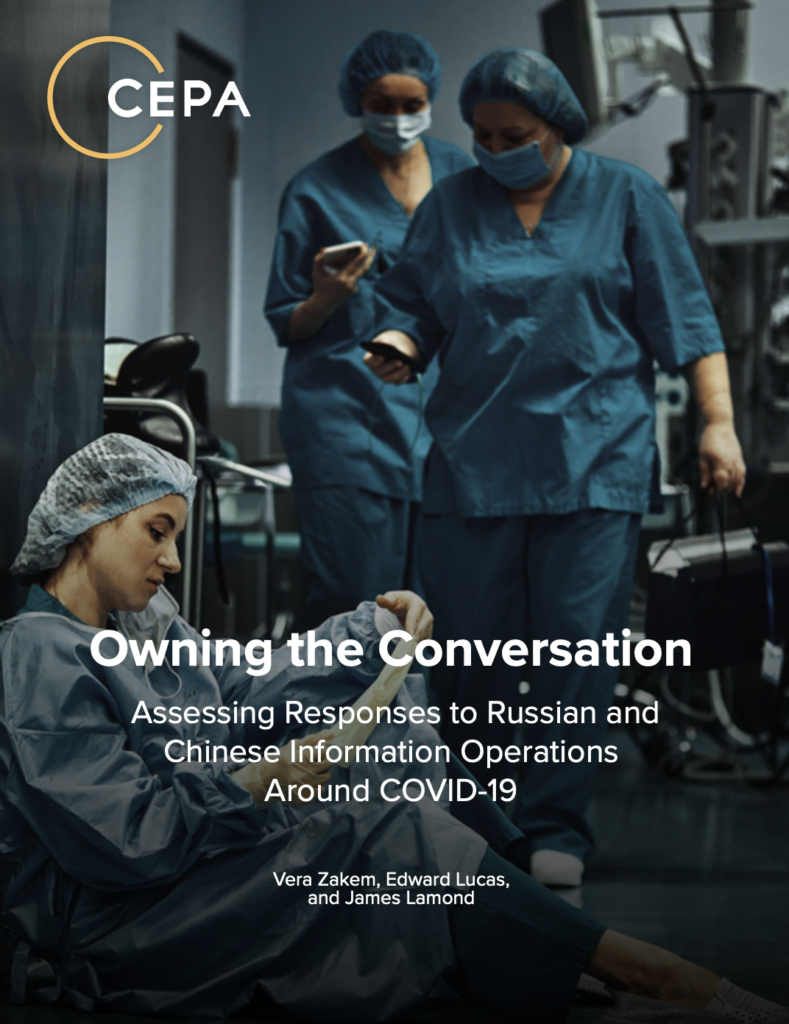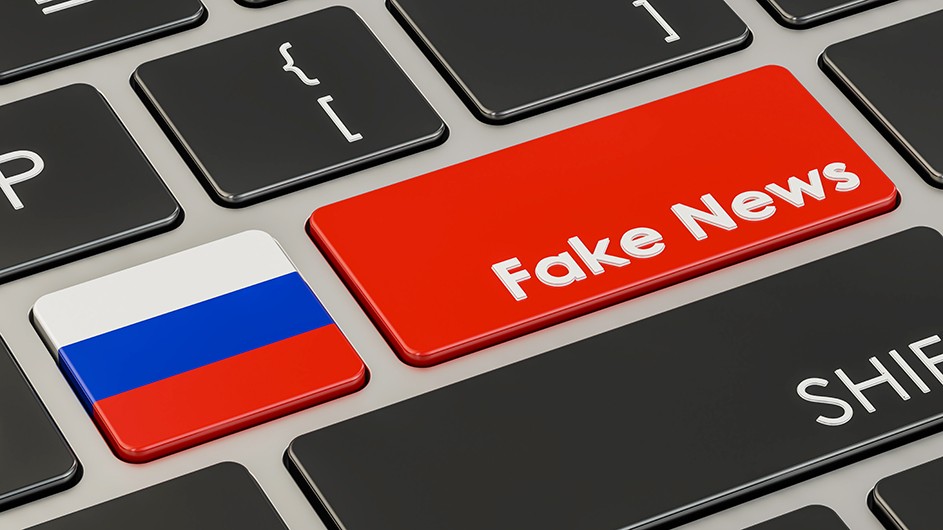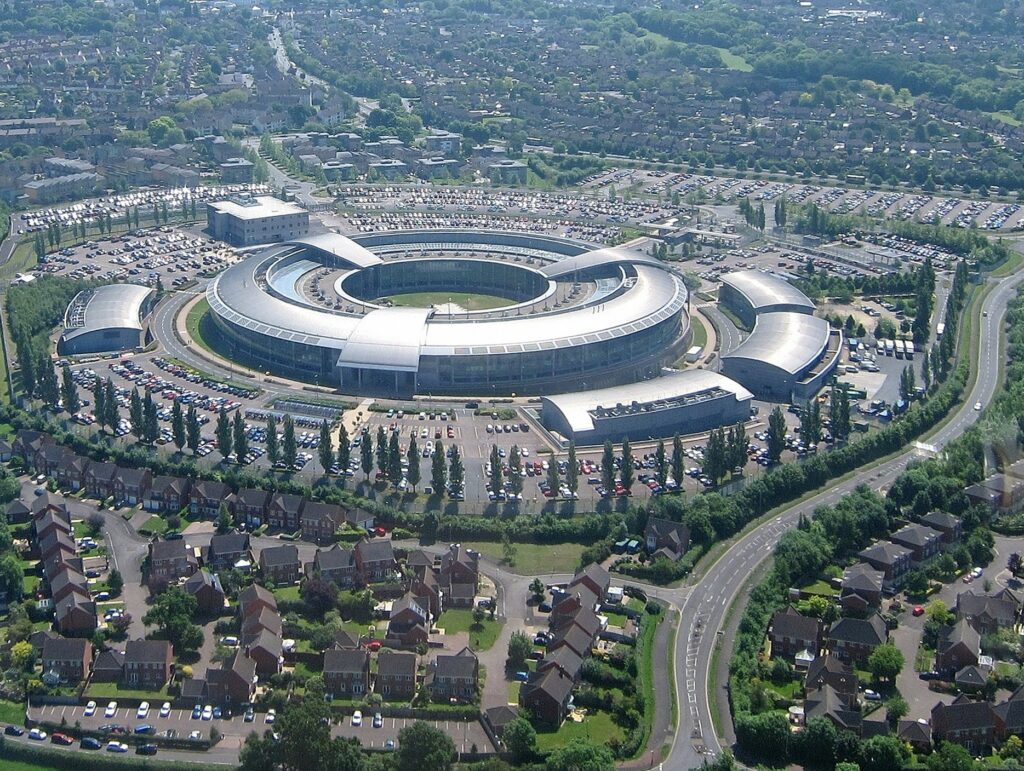As the Global Influence Operations Report (GIOR) reported earlier, the US Department of Homeland Security has released its October 2020 “Homeland Threat Assessment” which, in contrast to its reporting on China and Iran, does identify Russian efforts targeting the upcoming US elections. According to the DHS report:
Foreign influence activity will target U.S. foreign and domestic policy, international events such as COVID-19, and democratic processes and institutions, including the 2020 Presidential election. Russia is the likely primary covert influence actor and purveyor of disinformation and misinformation within the Homeland. We assess that Moscow’s primary objective is to increase its global standing and influence by weakening America—domestically and abroad—through efforts to sow discord, distract, shape public sentiment, and undermine trust in Western democratic institutions and processes.
The report goes on to identify four areas in which it says Russia will continue to “amplify U.S. Socio-Political Division”:
- Russian influence actors will continue using overt and covert methods to aggravate social and racial tensions, undermine trust in U. S. authorities, stoke political resentment, and criticize politicians who Moscow views as anti-Russia. Although some of this activity might be framed in the context of the U. S. election—seemingly in support of or opposition to political candidates— we assess that Moscow’s overarching objective is to weaken the United States through discord, division, and distraction in hopes that America becomes less able to challenge Russia’s strategic objectives.
- Russian influence actors will engage in media manipulation—across social media platforms, proxywebsites4, and traditional media, to include state-controlled outlets—to exacerbate U. S. social, political, racial, and cultural fault lines.
- Russian actors will attempt to undermine national unity and sow seeds of discord that exploit perceived grievances within minority communities, especially among African Americans. Russian influence actors often mimic target audiences and amplify both sides of divisive issues to maximize discord, tailoring messaging to specific communities to“push and pull” them in different ways.
- The Russian government promulgates misinformation, threats, and narratives intended to incite panic or animosity among social and political groups. For example, Russian actors amplified narratives such as U. S. law enforcement ignoring ICE detention requests and releasing an illegal immigrant accused of rape; assaults on supporters and opponents of the President; and portrayals of U. S. law enforcement as racially biased. Russian influence actors also have exploited national tragedies, such as the 2017 mass shooting in Las Vegas, and protest movements—sometimes magnifying both a protest and a counter-protest—such as the 2017 protest activity in Charlottesville
In addition, and this time similar to its reporting on China and Iran, the DHS report discusses Russian influence operations in connection with the COVID-19 pandemic:
Russian online influence actors are advancing misleading or (what they perceive as) inflammatory narratives about the COVID-19 pandemic probably to stoke fear, undermine the credibility of the U.S. government, and weaken global perceptions of America. Moscow probably will study the American public’s reaction to its COVID-19 disinformation to improve future influence campaigns aimed at shaking public confidence in Washington, which it can unleash opportunistically during a crisis, hostilities, or a period of degraded relations:
- Russian online influence actors have claimed that the U.S. President is incapable of managing the COVID-19 crisis and sought to exacerbate public concerns by amplifying content critical of the U.S. response to the public health crisis and the economic downturn. In contrast, the actors highlighted China’s and Russia’s alleged success against the COVID-19 outbreak and praised President Putin’s COVID-19 plan and Russia’s ample supply of tests.
- Russian online influence actors spread misinformation and conspiracy theories about the origin of COVID-19, claiming it is a U.S.-engineered biological weapon that U.S. military officials spread in China.
As we have noted elsewhere, the DHS report assesses that “Russia is the likely primary covert influence actor and purveyor of disinformation and misinformation within the Homeland.” The GIOR notes that, as we reported earlier, is in direct contradictions to a recent statement by the US National Security Advisor that China that was the most active of the countries trying to interfere in the upcoming US elections.
The Global Influence Operations Report (GIOR) has been reporting extensively on Russian information operations aimed at disrupting the US elections and in favor of Donald Trump.



